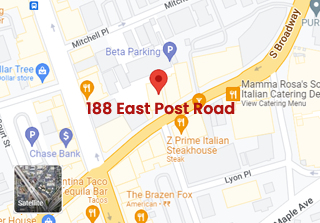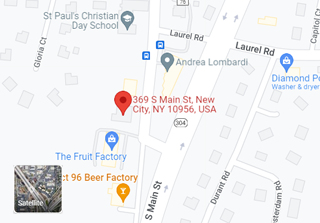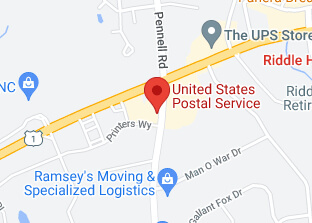Some people call the United States of America a cultural melting pot. This term makes sense because immigrants from all over the world settle here in order to become United States citizens. The dream is often to give their family more opportunity in life. Although most people in the United States speak English, the country does not have any sort of official language. There are even legal protections in place for immigrants and new citizens with language barriers that might affect their life. The language that you or members of your family speak does not impact your right to medical care or your right to insurance benefits. If you get hurt at work or in a car crash and struggle with English, you should know that you have the right to translation services.
Federal Laws Require Translation In Medical Facilities
One of the many protected characteristics that should not affect someone’s experience in the United States is their nation of origin. Just because you were born in another country doesn’t mean you shouldn’t deserve the same rights and privileges as anyone else living here. English is a hard language to learn, with many adopted words and irregular grammar rules. Even those who have lived in the country for years may struggle to communicate effectively, especially in times of stress. In order to make medical care accessible to everyone, there are federal rules that require that hospitals and other health care providers offer free translation services for those who speak another language, as well as for those who use sign language.
New York Offers Translation Services For All Court Cases
Whether you are a witness in a criminal case or the plaintiff in a personal injury case, you have the right to translation services in court as well. The courts will provide translation services at no charge for anyone directly involved in legal proceedings in the New York legal system. Understanding that you have these rights is still different from actually standing up for them. Especially if you struggle to communicate in English, asking for translation can be difficult. Having someone who can advocate for you in the courtroom or in a medical setting can help ensure no one violates your rights.





